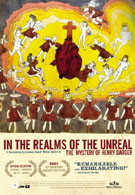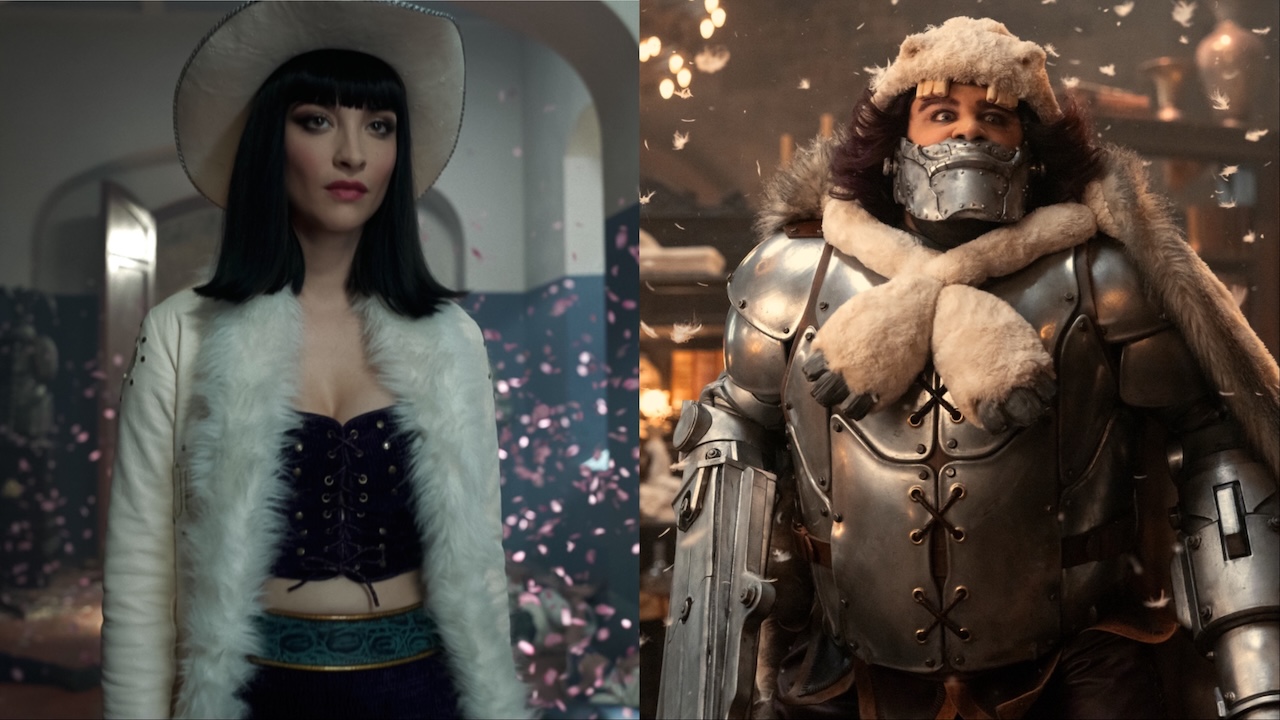Henry Darger was a modern day version of the invisible man. Although he coexisted with everyone else, he was a phantom of sorts, and nobody really got to know him. People had different accounts and ideas of who he was, but they often conflicted with versions expressed by others. All that was truly known about him was that he was a very talented, albeit borderline insane, writer and artist: and even this was only discovered after his death.
In 1973, Henry passed away in a humble Chicago neighborhood, and his room was later explored by his neighbors. They were shocked to discover piles of journal entries, paintings, and a 15,000 epic-length novel he had spent most of his life writing. He had been a secluded janitor, and his neighbors dismissed him as leading a “boring life, with not much to him”. Without family or friends, they were the only people in his life, and they were mainly outsiders looking in. Henry did not have the love of others, but he did have a large supply of demented creativity hidden beneath his forgettable exterior.
The Realms of the Unreal, was the name of Henry’s own little universe that he retreated to when he wanted to escape real life, which ended up being most of the time. The documentary is shot in a unique, stylish way, combining his real life stories with stories he created on paper. There are many beautiful shots of his paintings, turned into animations to tell his made-up story throughout the movie. One of the more memorable, and disturbing, sequences involves a bunch of little girls with penises, tied up and bound to trees. That is not an image you can easily forget, try as you might. I could get into details about what his central story was truly about, but that would mean I’d have fully understood it, which I'm not sure is possible without the use of illegal substances.
I am a big fan of documentaries and am glad to see them being more imaginative and innovative to recruit a wider fanbase. Much like last year’s Tarnation, the movie is filled with photographs, pictures and artwork, with an accompanying narration to tell a story in a more visual way. The problem with this technique is that often you get a case of ‘style over substance’ and the appearance of the movie becomes more developed than the stories they are depicting. The film succeeds most when it is talking about Henry the person, and not essentially reading the warped stories he has written. While they are interesting for a while, eventually I found myself zoning out and wanting to hear more about his life, and less about the sexually ambiguous children being hunted down by generals. Freud would have a field day with this film and uncovering all the childhood regression themes it embodies.
In The Realms Of The Unreal is a quality picture that would have been better off as a short film than a full length feature. There simply isn’t enough information about him, or accessibility to his stories, to fill the needed amount of screen time. I appreciated the risks the film took, many of which will probably be mimicked in future documentaries. But like most experiments, sometimes you hit the jackpot and other times you wind up with a big mess on your hands. This movie falls somewhere in between, but it’s worth seeing for the unusual experience. It may even inspire you to bring a plate of food to that bizarre reclusive neighbor who would like nothing more than to be acknowledged once in a while, just like the rest of us.
Your Daily Blend of Entertainment News

